
by bartmann | Apr 4, 2024
John Milton was one of England’s most controversial, celebrated, and reviled writers. As the course title suggests, we will study Milton’s poetry and prose within the context of the many revolutions in which he was a major figure: revolutions in politics, theology,...
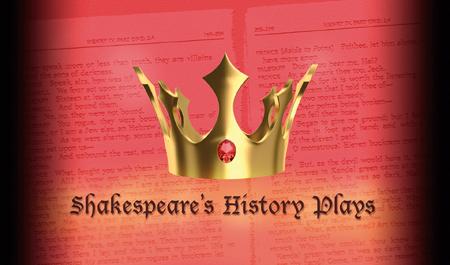
by bartmann | Apr 4, 2024
Uneasy lies the head that wears a crown. (Henry IV, Part 2) Of his ten histories, the four interrelated plays forming the second tetralogy are among Shakespeare’s greatest theatrical achievements. These works, which deal with the period of 1400 to 1420, include...
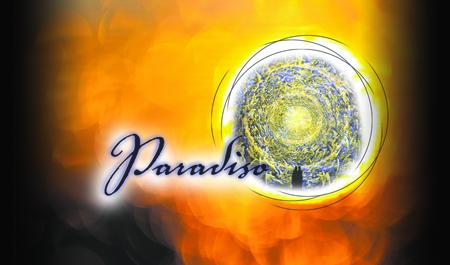
by bartmann | Apr 4, 2024
Using a facing-page translation, we will deal with the climax of Dante’s Divine Comedy. While Inferno depicts sin and evil, and Purgatorio portrays redemption, Paradiso illustrates the possibility of transcendence. Not only does a blessed soul understand the...
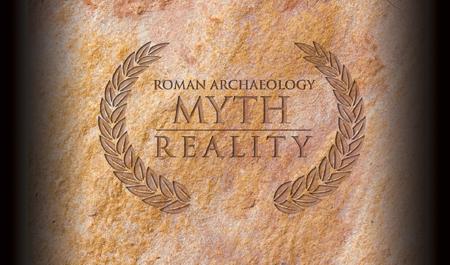
by bartmann | Apr 4, 2024
Join anthropologist/classical archaeologist David Soren in a survey of the art and archaeology of ancient Rome. This course will highlight the major wonders of the Roman world from the 8th century B.C. to the 6th century A.D., including the historical truth behind...
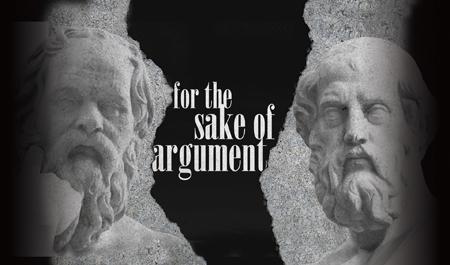
by bartmann | Apr 4, 2024
What’s the value of a good argument? That question is not merely rhetorical. For the sake of argument, we will reassess the classical opposition of rhetoric and philosophy that was first established by Plato. Ironically, it was not Socrates’s student but a student of...

by bartmann | Apr 4, 2024
Contemporary Russia continues to search for a post-Soviet national identity: what Russians refer to as their country’s “national idea.” The return to the presidency of Vladimir Putin signifies that the country’s most historically significant leader since Stalin...

by bartmann | Apr 4, 2024
Our global environmental problems need attention from almost all legal disciplines, including constitutional law, property law, natural resources regulation, and international and comparative law. This timely class presents core issues in environmental law – broadly...
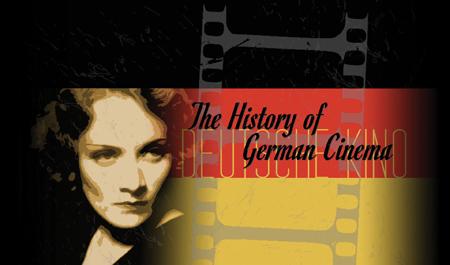
by bartmann | Apr 4, 2024
Beginning with the German cinema of the 1920s and ending with contemporary films, this course provides a historical overview of influential German movies, major periods, and key filmmakers. In the 1920s German cinema was one of Hollywood’s fiercest competitors, and...

by bartmann | Apr 4, 2024
In 2013 we celebrate the 200th anniversary of the birth of Richard Wagner (1813–1883). Perhaps no other composer so changed the course of music history through the way he reconceived the nature of opera and the way he stretched the boundaries of tonality. Many...
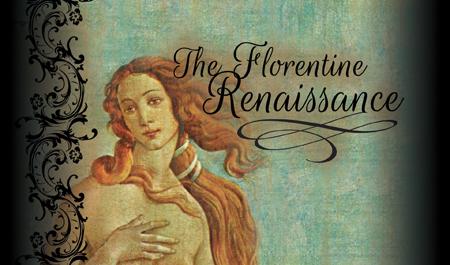
by bartmann | Apr 4, 2024
The Renaissance begins in Italy and is an invention of the Florentines. This seminar is an examination of the art, architecture, sculpture, literature, and history of the republic of Florence during its period of greatest importance to world history. From the mid-14th...
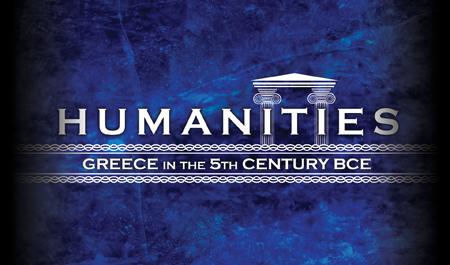
by bartmann | Apr 4, 2024
This course will cover the rich and seminal history and literature of fifth-century Greece; the most creative and productive period in all human history. Our course will particularly focus on Athens, the world’s first democracy, from which most of the liberal...
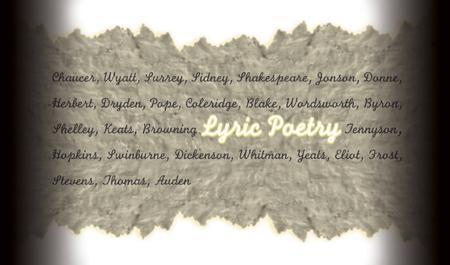
by bartmann | Apr 4, 2024
Poetry is capable of saving us; it is a perfectly possible means of overcoming chaos. –I. A. Richards Words for music perhaps. –W. B. Yeats Very likely the earliest form of literary expression, the lyric poem is a relatively short statement in verse,...
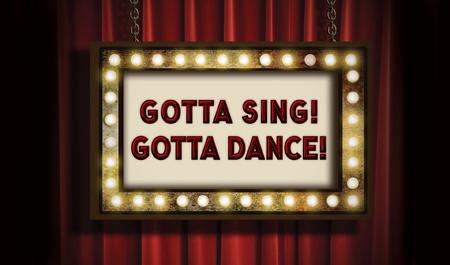
by bartmann | Apr 4, 2024
Gotta Sing! Gotta Dance! will explore the creation of the American musical theater and trace the influence of minstrelsy, vaudeville, burlesque, revue, and operetta in the evolution of this unique American form of lyric theater. From Stephen Foster to Stephen...

by bartmann | Apr 4, 2024
The percentage of the older population in the United States is increasing, and will continue to grow, due to the aging of the Baby Boomers. These individuals will experience a number of transitions and issues that may be associated with the aging process. Examples of...
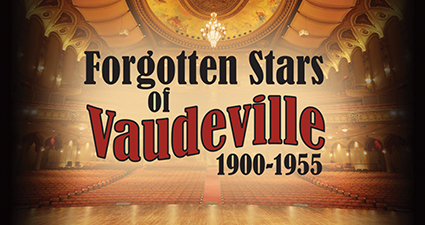
by bartmann | Apr 4, 2024
The University of Arizona has one of America’s greatest holdings in the field of vaudeville. Special Collections Guest Curator David Soren presents some of the best stars and specialty acts you’ve never heard of along with fascinating and little-known...
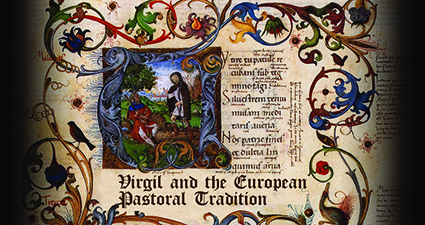
by bartmann | Apr 4, 2024
Virgil, the greatest Roman poet, did more to establish the idea of Rome (and hence of the Roman Empire) than any other ancient poet. As a young man he began his poetic career writing pastoral poems, which are called Eclogues. This seminar will study the political...
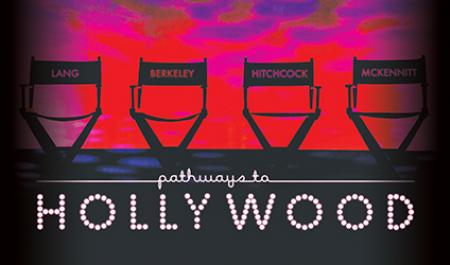
by bartmann | Apr 4, 2024
Join University of Arizona Regents Professor David Soren for a survey of the life and work of four great directors. First up is Fritz Lang whose collaboration with wife Thea Von Harbou led to the recently fully rediscovered science fiction epic Metropolis. Next the...

by bartmann | Apr 4, 2024
Bleak House is often said to be Dickens’s greatest novel; certainly it is one of his most compelling and enjoyable. We will spend four intense and rewarding weeks reading this masterpiece in its original installments, paying close attention to themes of loss, law,...
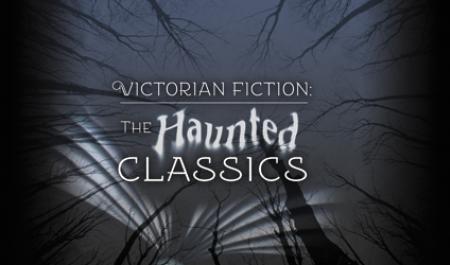
by bartmann | Apr 4, 2024
England during the reign of Victoria is famous for industrial, scientific, and technological advances, as well as sexual repression. But it was also an era when the ghost story – and its extensions in longer fictions during one of the heydays of the English novel –...

by bartmann | Apr 4, 2024
Utilitarianism is the idea that one ought to perform those actions that produce the greatest happiness for the greatest numbers, which is one of the most important views of morality ever developed. In this course we will explore Utilitarianism’s philosophical origins,...





















